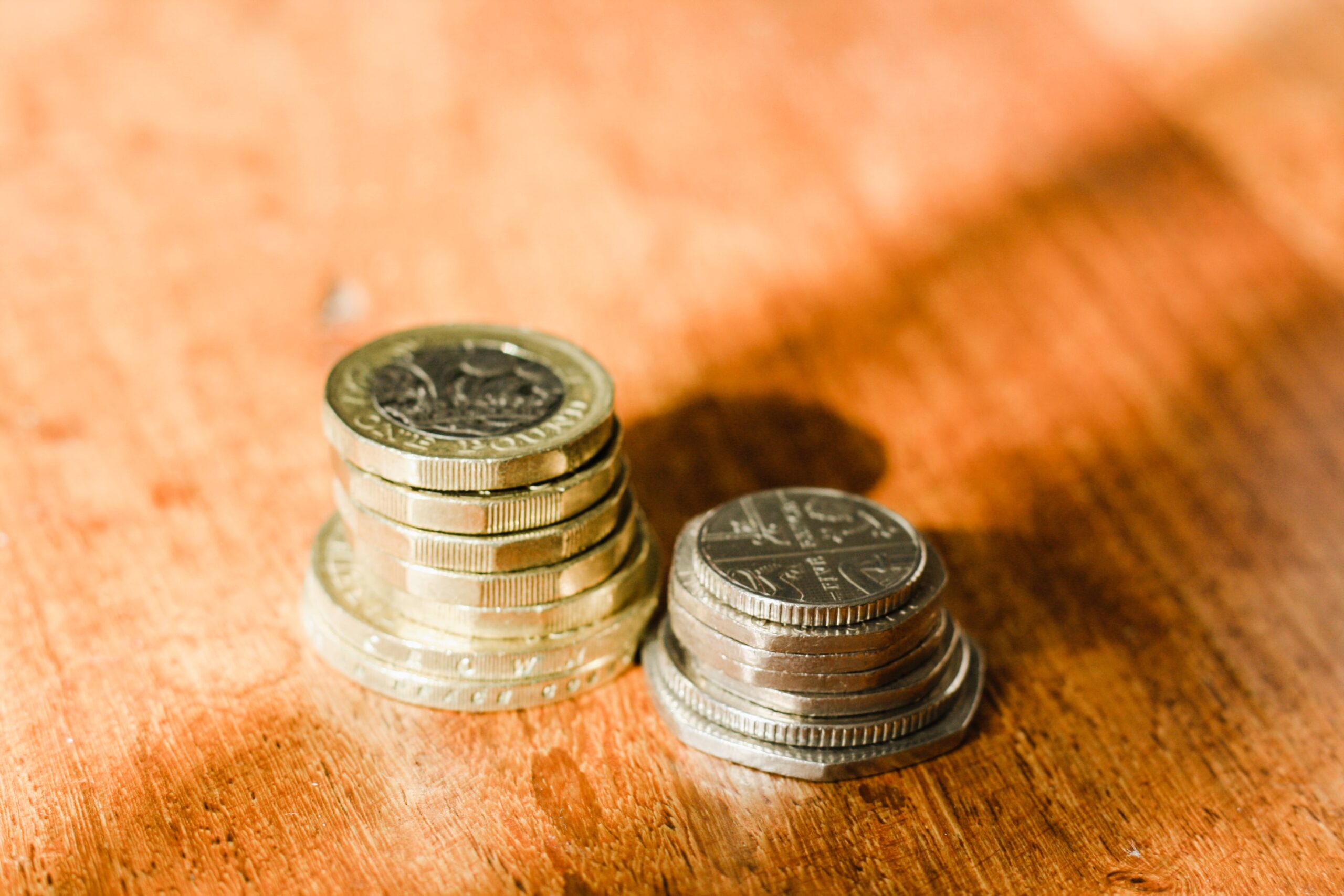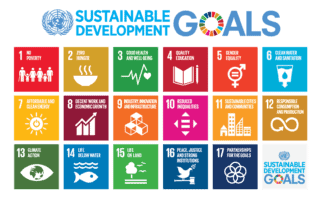What Does Inflation Mean For Me?
Along with rocketing energy prices – inflation has been the hot topic on everyone’s lips at the start of 2022. But first, let’s establish what the term actually means. Inflation is the measure of how much the cost of living is rising, or falling, and is tracked by a ‘basket of goods’ made up of everyday items. The goods are compared against the price of the same items from the previous year – this gives us the rate of inflation.
But as Jack Monroe recently pointed out, the previous ‘basket of goods’ approach did little to factor in the items that are so vital for low income households. While it’s all well and good knowing how much more expensive a hotel room or garden tools have become in the last 12 months, for many, it’s information that isn’t really that useful. Whereas the price of everyday food products and basic essentials are what we really need to know about. And as the anti-poverty campaigner and author recently summarised in a series of tweets, it’s these everyday essentials that are seeing the largest inflation.
What does this mean for me?
As has become the unfortunate norm, the changes will likely hit pensioners, those on low incomes and the unemployed the hardest. These groups are more likely to receive pay increases at a lower rate – if any rate at all. The sad reality is, that while inflation rates are the same across the whole of the UK, geographical and financial differences mean that no two people are affected in the same way.
Inflation doesn’t only affect your spending – it affects your saving too. Those that have money in interest bearing accounts will also be hit by inflation. This is all calculated by the ‘real rate of return’, which measures the interest rate you get from the bank, minus the rate of inflation at the time. So how does this affect my savings?
Well if you’re lucky enough to have an interest rate of 1% on your money in the bank, then that percentage is taken away from the current national inflation rate, which stands at 5.4%. Meaning the value of your money will be reducing by 4.4% year on year.
Can I do anything to improve this?
If you have cash savings, you could potentially look to tie up your money into a fixed rate deposit, which pays the same level of interest for the whole of the agreed term. Alternatively, if you don’t need access to your cash to accumulate a better rate, then a Premium Bond might be something else to consider.
And for those with investments, you may need to take a higher risk in order to achieve the best return possible to offset inflation.
What happens next?
It’s difficult to predict how long inflation will last as there are a lot of moving parts that determine it such as changes in exchange rates, change in demand for goods, and the Government trying to manage national debt. However, the Bank of England predicts that we will continue to see an increase in the first part of 2022 to about 6%, before slowly starting to decrease again.
And as well as there being a number of causes for inflation, there are a number of ways to help combat it too – it’s just a case of finding a way that works best for you and those around you.
Want to take a closer look at how inflation has changed over the years? Have a look at the Bank of England’s Inflation Calculator for more information.
What Is Compound Interest?
What Is Compound Interest? What Is Compound [...]
10 Common Mistakes First Time Investors Make
10 Common Mistakes First Time Investors Make [...]
ESG Investing, Ethical & Impact Investing – What’s The Difference?
Ethical, ESG & Impact Investing - What's The Difference? [...]
Being a B Corp
Being a B Corp Being a B [...]
The UN SDG’s
The UN SDGs The UN SDGs The [...]
Impact Investing – Does It Really Make A Difference?
Impact Investing - Does It Really Make A Difference? [...]






